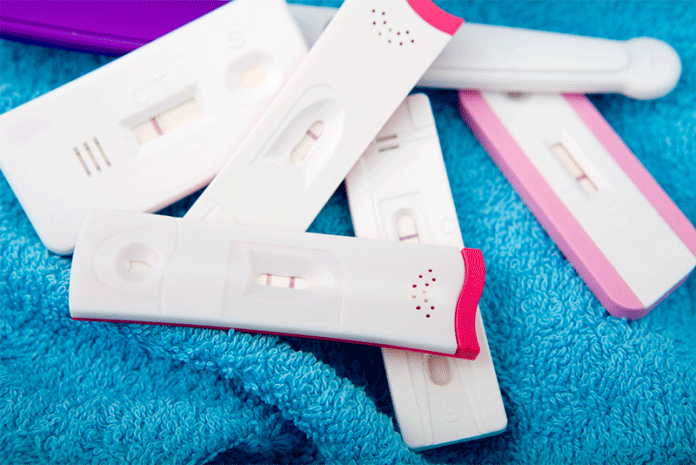Almost every woman experiences menstrual cramps every month. The menstrual cycle is characterized by processes in the hypothalamic-pituitary-ovarian system. Previously, a study proves that this period of pain can be as dangerous as having a heart attack. Now, according to a new study, short menstrual cycle lengths and an early or late onset of menstruation can cause reduced fertility problems. Scientists from Boston University conducted this study in collaboration with Aarhus Hospital in Denmark and the University of Utah.
According to an ongoing Internet-based study, above 2,100 women are trying to get pregnant. The contestants were 21 to 45 years old. They tried to get pregnant for as many as six cycles. The study uses questionnaires to make certain Menstrual cycle characteristics and pregnancy status to find links between these two. Some contestants charted their cycles through Fertility Friend (an online program).
According to the study, women who had 26 days cycles or fewer than that had fewer chances of pregnancy. Because the average cycle length among participants was 29 days.
Women started menstruating at their 12. But, found that women who started menstruating at younger than 12 years old or at age 15 and older also had reduced fertility, compared with those who started at ages 12 to 13. This is because there is little association between heavy or prolonged menstrual flow and fertility.
Scientists said, “We found that short menstrual cycles were associated with reduced fecundability among North American pregnancy planners, independent of age, irregular cycles, and history of reproductive illness. These results indicate that menstrual cycle characteristics may serve as markers of fertility potential among pregnancy planners.”
The short menstruation cycle may reflect a narrow fertile window or ovarian aging. Both are associated with a lack of ovulation. Scientists then track the contestant’s pregnancy status through bimonthly follow-up questionnaires. At last, scientists reported women with harsh depressive symptoms had a decreased chance of becoming pregnant. But, the use of psychotropic medications did not appear to harm fertility.
